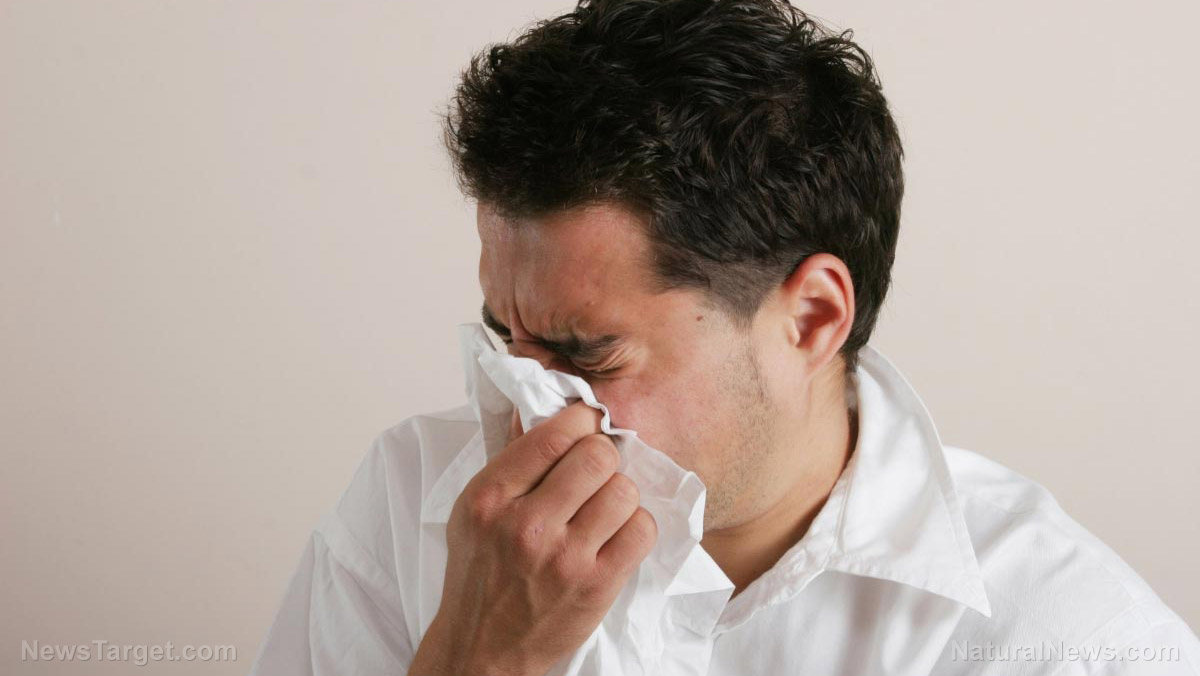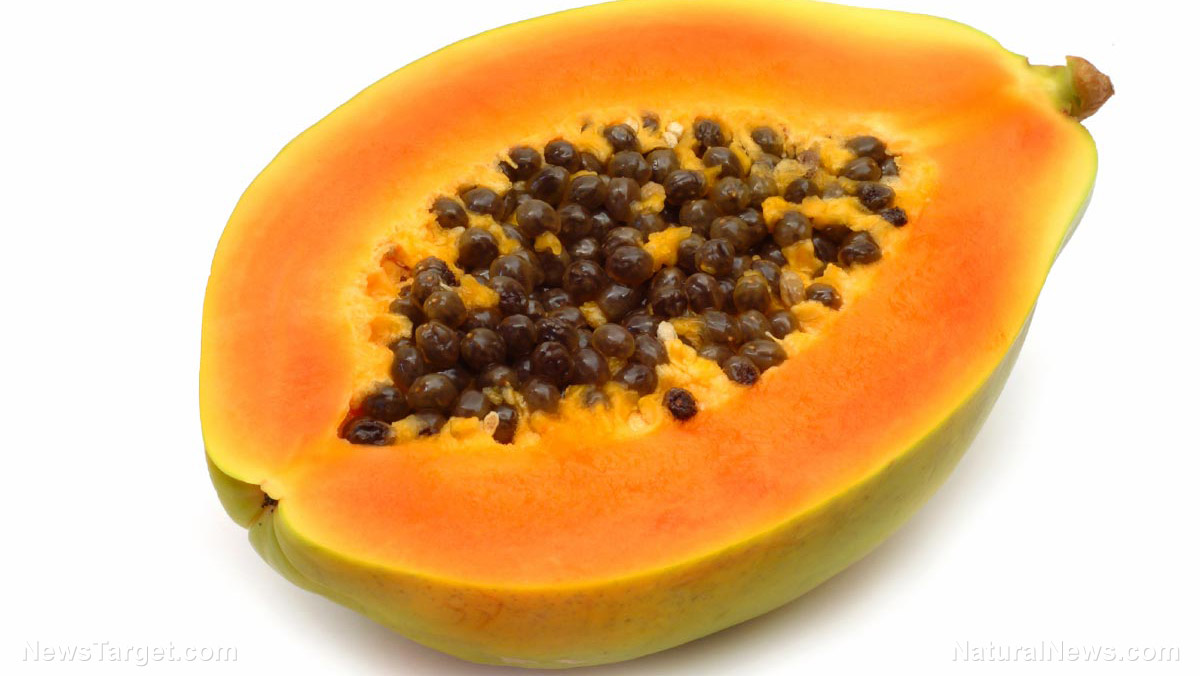Eating processed food decreases gut bacteria diversity by 40% in just 10 days
10/03/2018 / By Isabelle Z.

You know that eating processed food is horrible for your health, but have you ever stopped to think about what it is exactly that makes it so bad for you? Of course, preservatives like nitrates are linked to a higher risk of cancer, and all the sugar in these foods can raise your risk of diabetes. However, one aspect of health and is often overlooked is gut bacteria – and eating processed foods essentially destroy it.
The human gut is directly responsible for the health of your immune system, and by extension, your risk of disease and degree of overall health. A British professor, Tim Spector, decided to take a closer look at how consuming processed foods can impact our all-important gut bacteria. His son, Tom, a college student studying genetics, volunteered to eat a diet consisting solely of food from McDonald’s for 10 days in order to determine how the microbiome and gut bacteria in his digestive system were affected.
During the study, he was allowed to eat either chicken nuggets or a Big Mac, along with French fries and a Coke. Beer and potato chips were also permitted. They took fecal samples throughout the study, from the beginning until after it concluded, to examine bacterial composition.
Three days into the study, Tom said he felt pretty good. Things changed by Day 4, when he reported quickly going downhill. Others observed his skin taking on a grayish hue, and he felt lethargic. He struggled to get through the six days that remained in the study, saying he felt very unwell. Once it was over, he headed straight for fresh fruit and salad in an attempt to get himself back on track.
Dramatic changes in gut bacteria and diversity
He might have felt awful, but what was going on inside his gut during that time? Labs from the British Gut Project and Cornell University analyzed the samples, and when the results came in, it was clear that his microbiome had been completely devastated by subsisting on processed food for 10 days.
The anti-inflammatory bifidobacteria in his gut had been decreased by half, while bacteroidetes pushed out Firmicutes to become the dominant bacteria in his gut. There were huge shifts in many common groups of microbes, but perhaps most strikingly, he lost roughly 1,400 types of bacteria in his gut. This accounts to 40 percent his total gut bacteria.
It’s significant because the biggest sign of gut problems is a loss of gut bacteria diversity. This has been linked to greater inflammation, more allergies, depression, immune system suppression, dulled mental acuity, and a greater risk of illness.
Two weeks after he resumed a healthier diet, the changes to his gut microbiome persisted, showing just how long the damage caused by a stretch of unhealthy eating can persist.
Other studies support this finding. Most people are aware of the documentary Supersize Me, in which a man spent a month binging on McDonald’s and suffered weight gain, liver damage, and withdrawal symptoms.
Meanwhile, a recent study had a group of Africans who normally ate a traditional diet of vegetables and beans swapping diets with a group of African-Americans whose diet was high in animal protein and fat and low in fiber. Not surprisingly, the Africans fared far worse, with their metabolisms becoming diabetic and unhealthy in just two weeks’ time. The African-Americans enjoyed lower markers for the risk of colon cancer in that short time, and tests showed that both groups’ microbiomes had changed dramatically.
If you’re worried about your gut health, be sure to eat foods that are rich in probiotics, like some yogurts, kombucha, sauerkraut, and other fermented foods, as well as foods high in fiber, such as vegetables.
Sources for this article include:
Tagged Under: disease causes, fast food, gut bacteria, gut bacteria diversity, gut health, healthy diet, immune system, microbiome, nutrients, probiotics, toxic ingredients



















